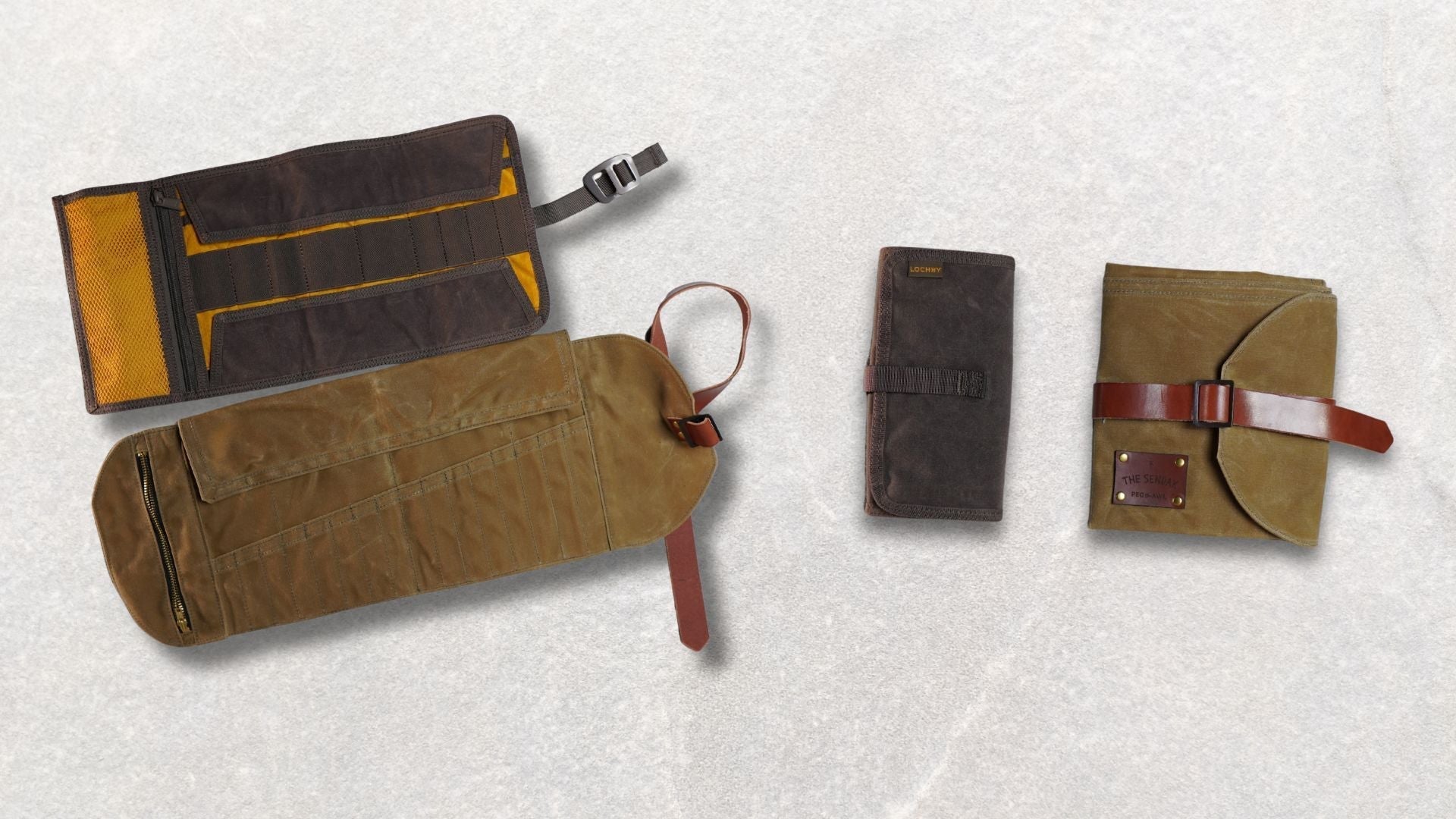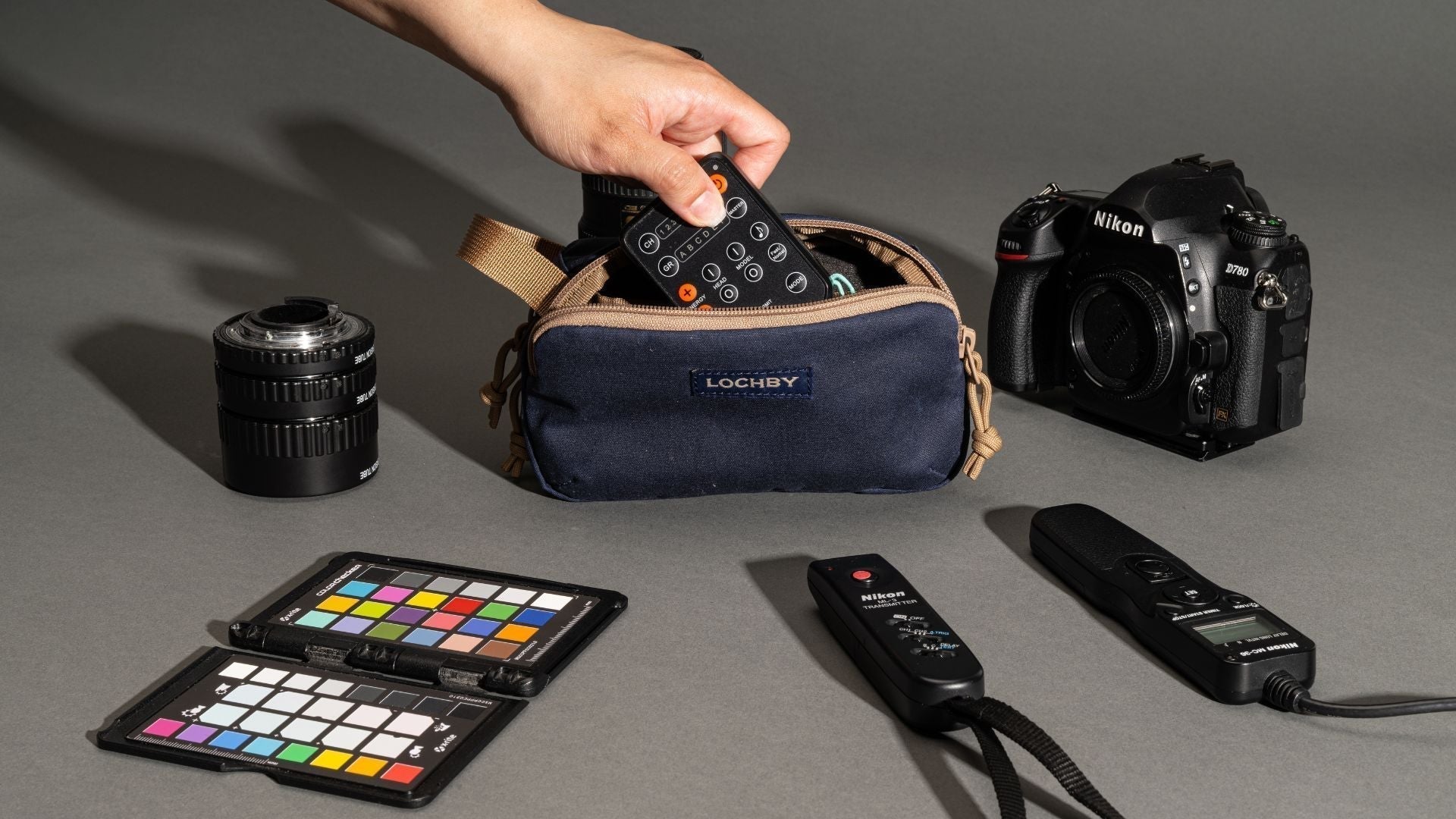Think of the last time you hung out in your favorite café for a drink, dessert, or a delicious snack. Do you remember the heady scent of coffee? The calming music playing softly from the speakers? How about the unique way sunlight or streetlight poured into the room from the windows? Were people on their own or in little groups? Was the noise level gentle and intimate, or louder than usual and fun? Was everyone on their smartphones or laptops? Were any of them using a pen and paper?
Now hold on - let's be honest here. If anyone had a pen and paper on them and were using it, they would've been easy to remember. And why wouldn't they be memorable when most of us are on our electronic devices nowadays, eyes glued on a glowing screen? You'll be hard pressed to find anyone not tapping away on a keyboard, may it be analog or virtual - so anything that's the opposite of the norm is bound to stand out. For a lot of different reasons, harnessing technology is just easier and more convenient. But when it comes to the benefits of journaling, which one is really the best medium:
Is it digital or paper?

It's worth noting that journaling by paper has been done for thousands of years, one of the earliest accounts being a diary from the Roman Emperor Marcus Aurelius in the 2nd century AD. In contrast, the first digital diary was written between 1994 and 1996, called "Open Diary" and posted on the MIT Media Lab by Claudio Pinhanez. Undoubtedly, the analog form has been the top choice for a longer period of time, but is it only because technology wasn't quite as accessible then and more of a recent thing we've only really started to utilize? Given the chance, would Marcus Aurelius have used a cloud-based app on his iPad to bemoan the life of a Roman Emperor who was in the middle of campaigning and administration?
We'll never know of course, but here's what we do know: there are pros and cons to consider whichever medium you decide to go for. Depending on your preferences, let's take a look at how one or the other can make your journaling experience as fun and meaningful to your life as ever.
Digital
Who needs notebooks when you have your smartphone, tablet, computer, or iPad? You never have to run out of paper or ink, and you can journal wherever you want the instant you want to. Taking note of thoughts and ideas has become so much easier since the digital option came to be: no more struggling to remember what you were supposed to write about once you have your paper journal with you. But as in all things, there are two sides to a coin. Let's list down the reasons why going digital may - or may not - work for you.
The Pros
- It's the perfect way to declutter. There's no better way to stay organized than going for a digital journal. Physical journals tend to pile up over time, and before you know it, you've got a ton of used journals taking up precious storage space, or worse, just lying around. A digital option, on the other hand, has all of your entries as files that can be sorted and tagged as you please. No more lost or fraying bookmarks and pages: everything is stored in the cloud.
- Adding images is a breeze. Say goodbye to your printer (but maybe not for good)! With digital journaling, including an image or two in your entries is just a matter of uploading it from your device. This can change your entire journaling experience altogether: it will be so much more special to look back to find your precious words and memories paired with relevant photos.
- The Search option is your friend. Looking for something in particular? A quick thought you jotted down months ago perhaps? As opposed to a paper journal, you don't have to flip through a whole lot of pages reading through past entries just to find what you're looking for. Most of the digital journaling apps available today allow you to find something with a quick search - all you need is a keyword, and you're good to go.

- You have access to your journal virtually anywhere. As long as you have a compatible device and an internet connection, you're ready to journal on the go! It doesn't matter where you are. That and, there's nothing to leave behind at home, at work, in school, or in other public places. Since everything is stored on the cloud, you're free to access past entries anytime.
- Provides confidentiality and enhanced security. We can't stop people from snooping around and reading our journals once they find it - but not if we have a password! Digital journaling provides us with the option of adding encryption to keep our most honest thoughts to ourselves, ready to be shared only once we choose to. So unless you want someone to take a peek into your brain, they're not going to have access to your journal unless it's with your say so.

The Cons
- There are customization limitations. No matter how amazing your chosen digital journaling platform is, nothing beats personalization when it comes to a traditional journal. Sure, customization digitally is probably easier thanks to preset themes and the copy/paste function, but it has limitations that you can't do anything about. Short of contacting the developer hoping they can add a feature you have in mind, you have no choice but work with whatever functions your chosen platform already has pre-installed.
- The distractions are plenty! The thing about digital journals is that they share the same space with your other apps - ones that are designed to keep your attention away from anything else but scrolling through them. Get one or two notifications from Facebook, Instagram, Twitter, TikTok, etc., and you're done; before you know it, you've stopped journaling midway to scroll through one of your feeds for hours instead.

- It can be impersonal. Digital journaling can feel a little like typing up a report for school or work. You have the blank space, the blinking cursor (for some), the perfect font and spacing... and while it's still you, the digital format makes your journaling experience feel somewhat distant and cold - almost as if you're writing or reading about someone else's life and thoughts.
- No internet means no access. Since most digital journals need internet and cloud access, you won't be able to journal in places that have no such connectivity. These may be rare nowadays, but you'll be surprised by how many of these places, devoid of the noise of fast-paced living and upscale technology, can actually inspire you into writing an entry in your journal.
- You can run out of battery. If it’s not connected to the internet, one hard drive crash erases all of your data.
Paper
Ah yes. Good old paper journals. With many years behind it that has helped in its refinement and development, no wonder traditional journaling has become a type of art on its own. It has evolved from simply writing down our thoughts and ideas down to keep a record of them into an amazing system that helps with therapy, productivity, and creativity, as well as a means to find our way to reach goals and form good habits. Unlike digital journaling, paper journals are special in the way they're unique and one of a kind depending on the owner. But is it worth the time and hassle when a time saving option has become available for everyone? Let's list down why you should - or shouldn't - stick to paper journaling.
The Pros
- Increased memory. Many studies, especially on students who type on laptops instead of using a pen and paper, have shown the benefits of writing over and over again: it improves memory and information retention, and helps people figure out and focus on what's important in their lives. This aligns with what most of us use journals for: it's a means to record and keep track of things that matter so we can gain better insight about life.
- The pleasure of using a high quality writing instrument. Writing in your journal doesn't have to be a chore. A quality writing instrument, like a finely crafted fountain pen, can turn writing into a luxurious ritual, Standard ballpoint pens can be tiring to use over time, especially if you have a lot of writing to do. Writing with a fountain pen, on the other hand, is a whole new level: without needing any pressure, the nib glides across the paper surface, making writing a pleasant experience. When using a fountain pen, though, it helps to have a high quality paper. That’s why we chose the world famous Tomoe River paper for our notebook refills. It works extremely well with fountain pens or any other writing instrument.

- There's no need to charge a journal! A paper journal never runs out of battery the way a phone does, so continued use isn't an issue. All you have to do is bring your journal out and write away without worrying about where to plug it in to recharge later on.
- Customize it and make it yours. Since a lot of journals are mostly blank slates, this means you get to decide exactly how to customize your own in order to make it more personal, which helps give your creativity a boost. Instead of being limited by the configurations of a single app, which is commonly the case for the digital option, you can make your journal look any way you like it.
- Hand it down as a memento. If you're using your journal for more than just diary-like entries, say as a collection of recipes or a guide of things that you've built or new and innovative thoughts that you've had, all the wisdom and knowledge inked on the pages of your notebook will become something precious that you can give to your children, who can pass it down to their children, and so on.

The Cons
- It's time consuming. Unlike its digital counterpart, paper journaling requires a lot more effort: you'll need to write your thoughts down by hand, but not before finding the best place that will allow you to really get to writing. And if you're the type who likes to go arts and craft on their journal, then that adds up to the amount of time you spend on it even before getting any writing done.
- Privacy is an issue. Short of locking it up in a safe hidden behind a nondescript painting in your bedroom, paper journals can't really guarantee your privacy. Once someone else finds it and decides to read the contents, there's nothing much you can do.
- You can't back it up. In the event your journal is damaged or gets lost, there's no way to retrieve everything that you've ever written. Digital journaling has the option of backing up your entries, but that's just not the case with written journals unless, for some reason, you also encode what's written on paper into a word processor.
- Oh, the clutter. You're bound to run out of writing space, which leads you to buying another notebook, and so on. Before you know it, you've got twenty different journals, all filled to the brim, taking important storage space away from you. Being the precious home of your thoughts and feelings, you probably won't want to throw them away either.

At the end of the day, you get to decide which medium is best for you not just based on the upsides and downsides listed here, but also considering your own preferences. In fact, you can simply journal using both: digital and paper share a lot of good benefits that are too awesome not to take advantage of, so why not?
Conclusion
Which of these two have you been using for years, and how has it helped enrich your journaling experience? Do you prefer one over the other, or utilize both methods? We'd love to hear what you think! No matter which one you use the most, our only hope is for you to find the clarity, peace, and comfort that most of us enjoy out of keeping our own journals.
As always, happy journaling!





Enemies of Execution: How To Stop Procrastinating
Overwhelmed? 5 Ways To Keep Calm and Carry On
2 comments
Why not have a hybrid instead? Use something like Rocketbook and then scan and rely on OCR to transcribe said notes. That way you erase the notebook, get the benefits of writing, search through anything AND it’s all on your personal cloud / storage of choice.
My thoughts on digital or paper… you go to school to learn how to read and write you graduate high school and then move on to college from there you learn to read and write and type and you learn all the in’s and out’s of Social media. Your a wiz at texting and typing out notes on a phone,tablet,laptop. Now as you get older you sometimes get bored of using digital and want to go back to hand writing a Journal now he is the dilemma you start writing out words that are probably 30 to 80% spelt wrong because there is no spell checker in a paper journal. Now this is the challenge to make you think and not rely on spellchecker. Writing in a journal is a great way to help you with your spelling and your writing. We are in a age of spellcheck and AI to help us write in a digital world but what happens when your phone,tablet or laptop crashed how would you Journal? Even if you write ideas or take notes on paper this not only helps you think better but it helps to sharpen your mind and then you can transfer your journal to digital as a back up but either way writing in a journal is not a bad thing in a digital world. Again these are just my thoughts